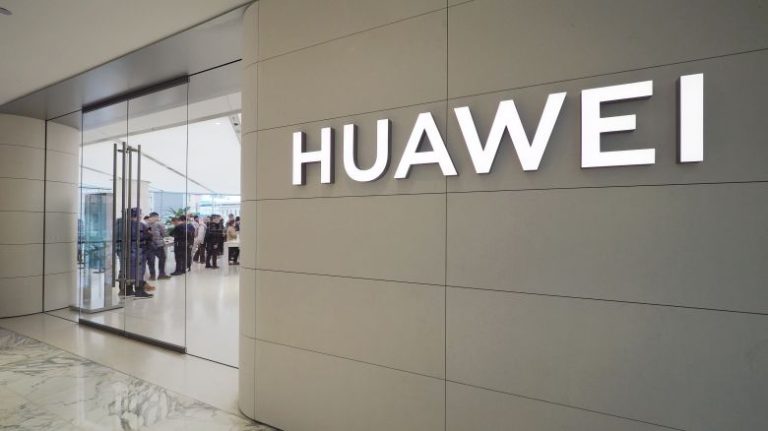Huawei has set up a separate smart car unit, in another stride forward in the Chinese tech giant’s plans to make a splash in the automotive world. The company incorporated Shenzhen Yinwang Intelligent Technology Co Ltd on Tuesday in the southern Chinese city of Shenzhen, where Huawei is based.
The new firm is wholly owned by Huawei and will focus on the “manufacturing and sales of intelligent car systems and equipment,” according to Tianyancha and Qichacha, two corporate data providers in China.
The business has registered initial capital of 1 billion yuan (about $140.5 million) and shares the same address as Huawei’s headquarters, according to the data providers.
The news marks another milestone for Huawei, which has accelerated its automotive ambitions in the past three years.
The Chinese group originally made its name as a tech and telecoms giant, selling smartphones, consumer devices and network equipment. But it has been hobbled in recent years by US export restrictions, which sent the company into a tailspin. More recently, it has made no secret of its ambition to make a comeback.
In 2021, it jumped into the electric vehicle (EV) race, launching its first battery-powered vehicle. Last year, it also rolled out two new vehicles to great fanfare in China, including its first electric sedan, the Luxeed S7, designed to take on Elon Musk’s Tesla (TSLA).
That was followed by the December debut of the Aito M9, an electric SUV targeting high-end buyers. The unveiling coincided with a launch by Chinese rival Xiaomi of its own first electric car, showing how competition between the two companies has spilled over to another sector.
The new vehicles have added to China’s crowded auto market, the world’s largest, which has seen a price war in recent months due to fierce competition and high inventories. Huawei’s new business, however, appears to already have won a big backer.
In November, a subsidiary of Changan, a Chinese state-owned automaker, disclosed that it had partnered with Huawei to form a new company created to provide smart car systems.
According to a filing made to the Shenzhen stock exchange by Chongqing Changan Automobile Co, Huawei would set up the firm, which would focus on digital platforms inside the car and other automotive systems and components.
Changan plans to take a stake of up to 40% in the business, which it hopes to help further its goals of becoming a low-carbon, tech-driven transportation company, it said in the filing. Huawei and Changan did not immediately respond to requests for comment on Thursday. It’s unclear whether Shenzhen Yinwang is part of the November agreement.
AI cars
Smart cars, which refer to vehicles that use advanced software systems or electronics, are becoming more common as tech firms increasingly team up with automakers.
Huawei, for instance, offers a software system for vehicles called HarmonyOS for Automotive, which is designed to sync with its mobile operating system of the same name and “create a seamless experience across nearby devices,” according to the company.
This week, BYD, the Chinese carmaker backed by Warren Buffett, also made headlines by introducing Xuanji, an AI-powered system for cars. The software is designed to make driving safer and more comfortable by responding to “changes in the internal and external environment of the car,” the company said in a Tuesday statement.
The news comes as China is racing forward on its development of advanced technology, particularly artificial intelligence. On Wednesday, the Ministry of Industry and Information Technology unveiled draft guidelines that sought to standardize the country’s fast-moving AI industry.
Under the planned rules, China aims to form at least 50 nationwide and industry-wide standards for AI by 2026, and participate in forming at least 20 international standards for AI by that year.
The government also wants to have at least 1,000 companies adopt and apply these standards by 2026, the ministry said.
China has been one of the first countries in the world to regulate the space, having published rules for generative AI last July. The rules, designed to oversee the software behind popular services like ChatGPT, took effect in August.
Since then, China has raced to keep pace with the United States on the burgeoning technology.
At the World Economic Forum in Davos in Switzerland on Tuesday, a US lawmaker said that the country measured its lead over competitors in AI in “months,” highlighting the breakneck speed of development in the sector.
— CutC by cnn.com


